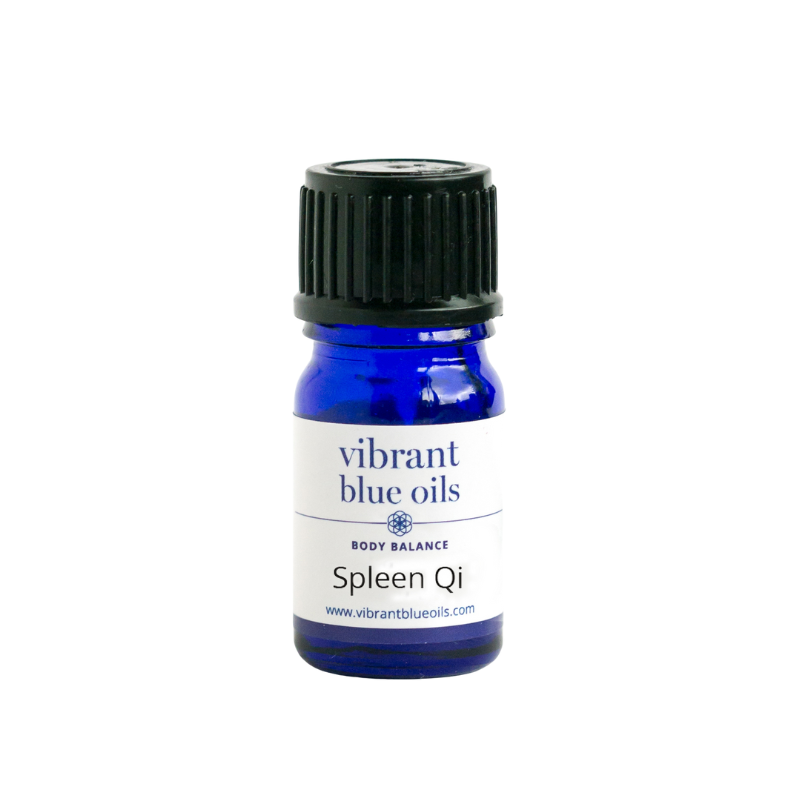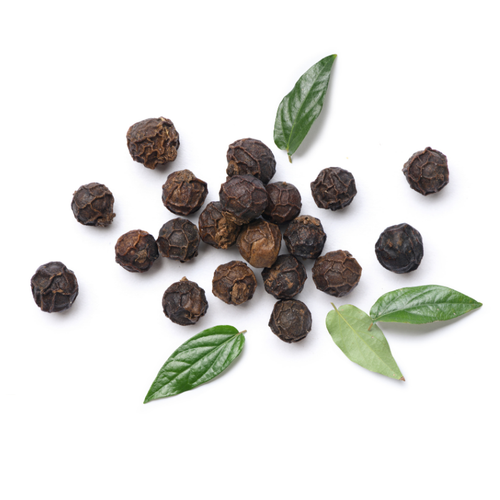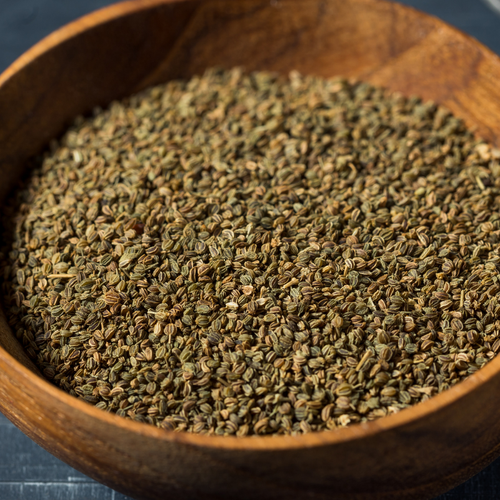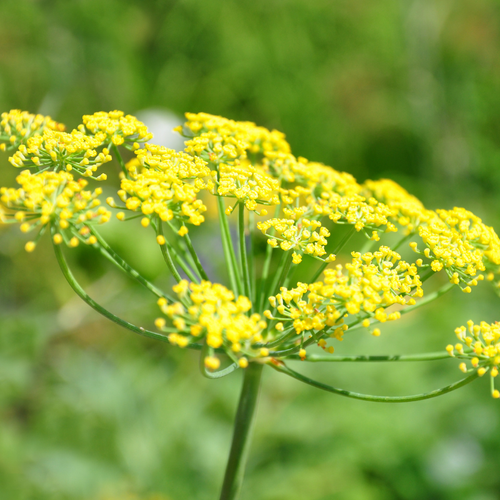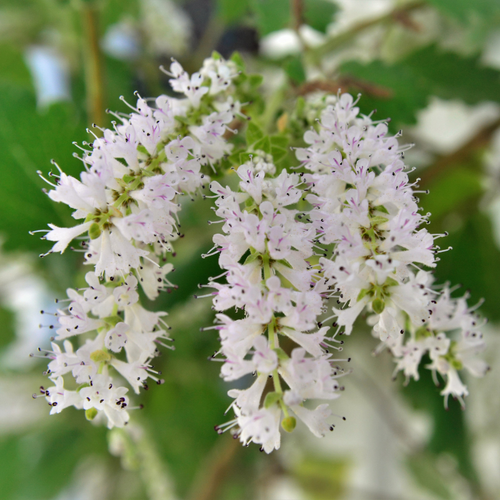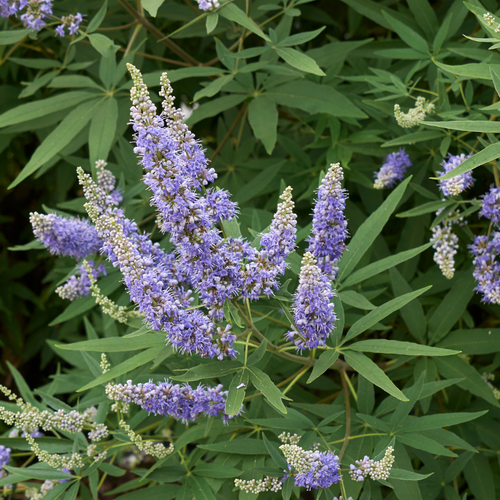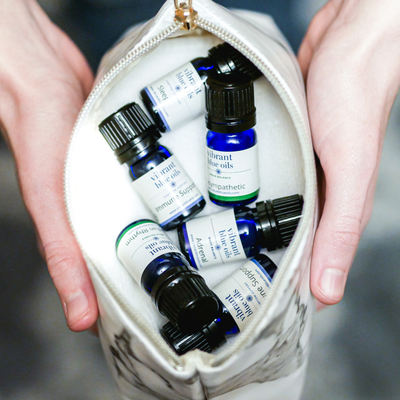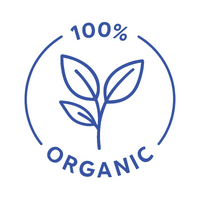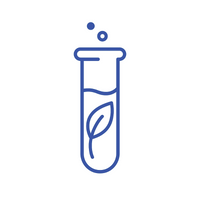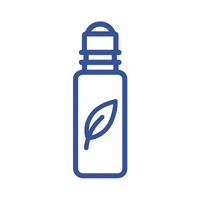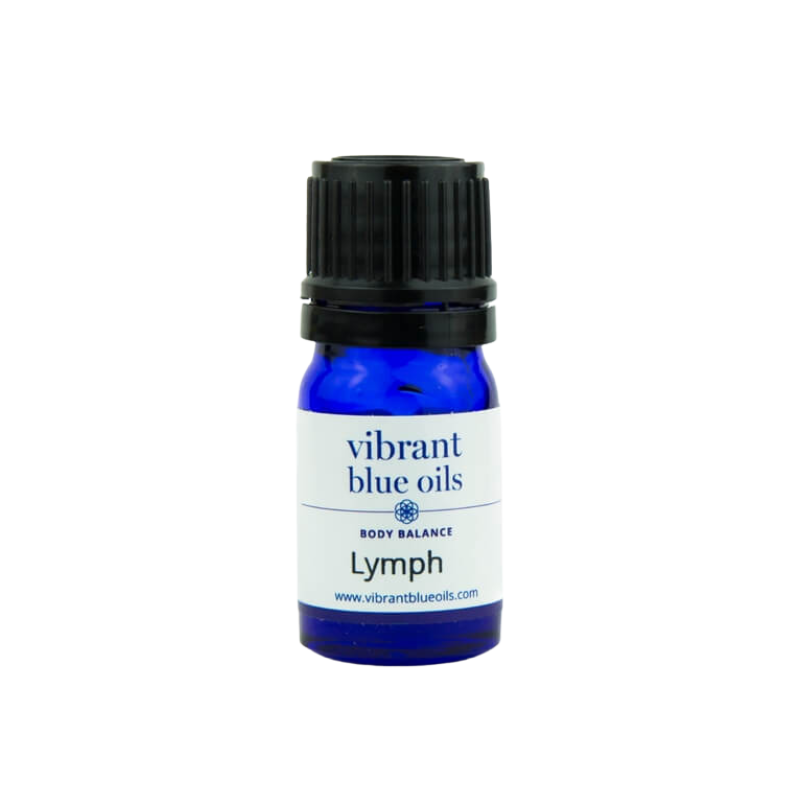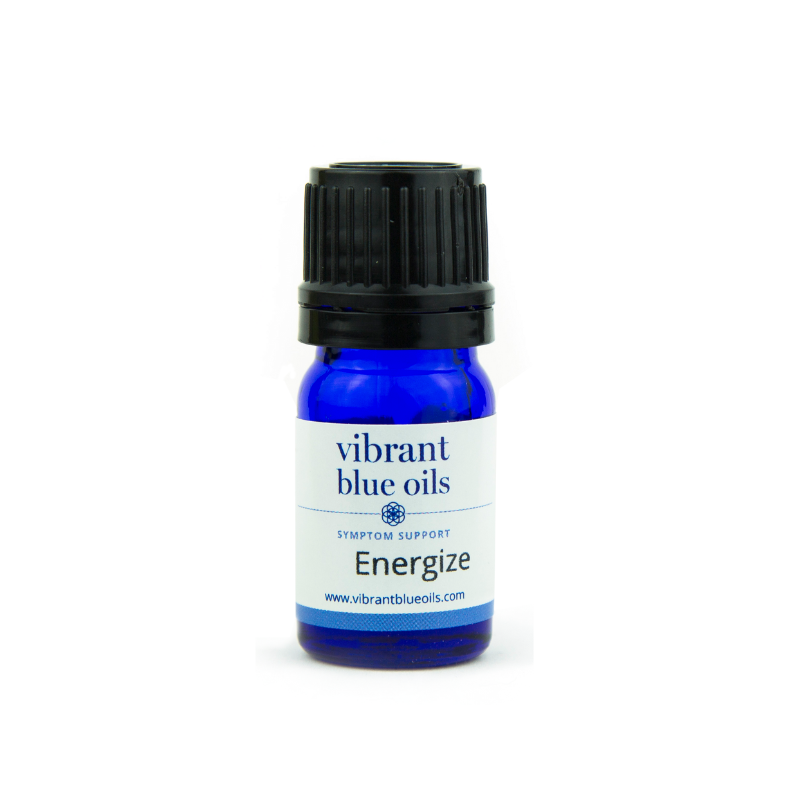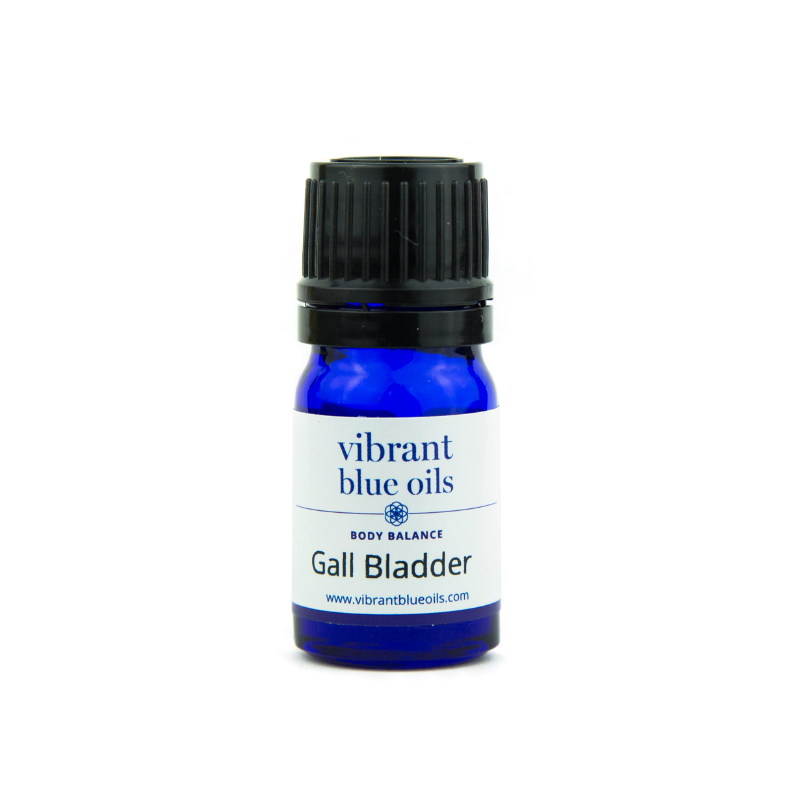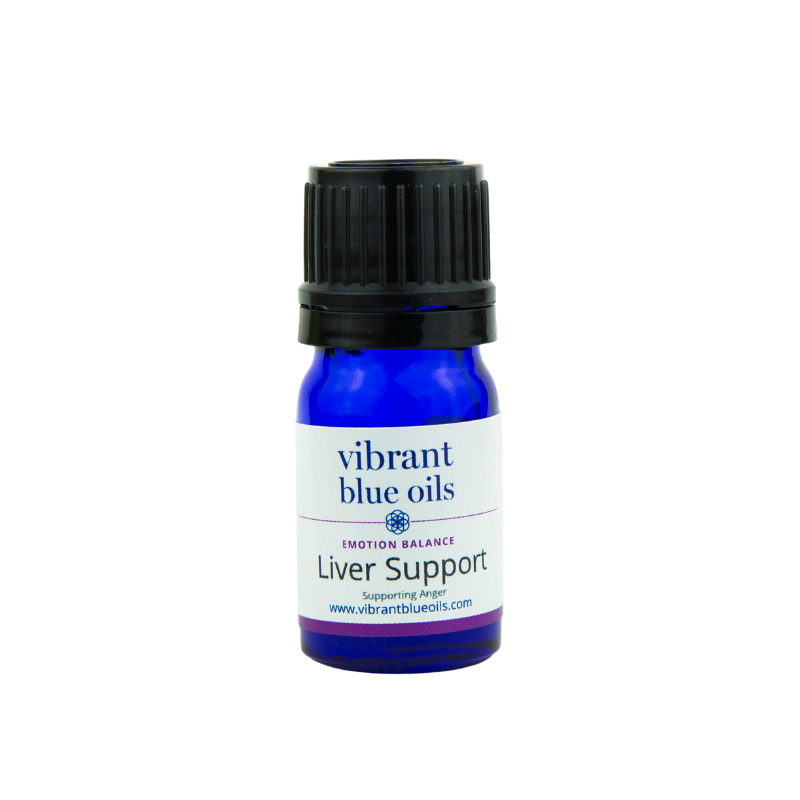Black Pepper
Piper nigrum
Helps to warm the body and stimulates circulation, increasing blood flow to your spleen and digestive system, which helps to boost nutrient absorption.
Black pepper and its active compound, piperine, work as a “bioenhancer” by enhancing circulation, stimulating digestive enzymes, and enhancing digestive capacity, increasing absorption in the intestines, and reducing gastrointestinal food transit times.
This means that your cells are better able to utilize nutrients and healing remedies when piperine is added, so much so that it is often added to supplement formulations to enhance the effectiveness of the supplement. Dr. Datis Kharrazian, a Harvard-trained clinical researcher, found that adding black pepper to his supplement formulations increased the absorption by 200 to 400 percent.
Black Pepper also contains high levels of the sesquiterpene constituent Beta-caryophyllene, which helps support healthy blood sugar levels. It also contains significant amounts of limonene, a terpene thought to stimulate circulation, increase energy, and warm and enhance the function of the spleen.
Black pepper is also known to have antioxidant, anti-inflammatory, and anti-parasitic properties. (Study)
Celery Seed
Apium graveolens
Strengthens spleen function by improving the strength of the blood. Celery seed oil contains natural diuretic constituents and anti-inflammatory properties that may help regulate fluid metabolism and promote smooth energy flow to support healthy spleen function.
Some studies suggest that celery seed extract can inhibit splenocyte proliferation and cytokine production.
Research demonstrates the protective effects of celery seed oil on the liver, which indirectly supports spleen health as the liver and spleen are closely linked.
Celery seed contains compounds like apigenin, which have anti-inflammatory properties. Inflammation can impact spleen function, and celery seed’s anti-inflammatory effects might be beneficial.
Celery seed essential oil also promotes healthy nutrient digestion and assimilation by supporting healthy secretion of digestive juices and enzymes.
Fennel Seed
Foeniculum vulgare miller
Fennel is traditionally used as a tonic, believed to tone and strengthen the spleen. Fennel seed has a sweet-warm energetic nature that is drying, making it helpful for symptoms of internal dampness – like chronic sinusitis, stomach upset with sticky bowel movements, and chronic phlegm – associated with the sluggish Spleen energetic system in Chinese medicine.
It is considered a depurative (blood cleanser) that aids in removing toxins, which indirectly supports the spleen’s role in filtering blood and producing immune cells.
As a Spleen Qi supporting essential oil, fennel seed helps tonify the Spleen and stimulate the flow of physical Qi. Research demonstrates that the medicinal component trans-anethole found in Fennel calms inflammation by regulating cytokine expression in the spleen tissue.
Helichrysum
Helichrysum italicum
Helichrysum promotes circulation and frees blocked energy, particularly from old injuries or stagnation in the spleen.
Helichrysum is thought to help detoxify the spleen and liver, relieve congestion in these organs, and encourage a healthier spleen function.
The Journal of Pharmacy and Pharmacology found that the anti-inflammatory power of helichrysum works by reducing inflammatory enzymes and reducing swelling.
Helichrysum may boost circulation, potentially benefiting the spleen’s role in blood filtration and red blood cell production.
Renowned for its pain-relieving properties and ability to accelerate healing, Helichrysum™ may be beneficial in spleen support. Known for its antispasmodic, anti-inflammatory, and mild sedative properties, Helichrysum™ has been used historically to help repair tissue and reduce swelling and inflammation both inside and outside the body.
Mandarin
Citrus reticulata
Citrus oils, like Mandarin, have been shown to support the spleen’s function. The sweet smell of Mandarin is considered to have nourishing and tonifying properties for the spleen.
Mandarin peel—from which essential oils are derived—has traditionally been believed to “regulate qi,” “dry dampness,” and “strengthen the Spleen.” The process of distilling these concentrated plant essences into essential oils makes them more bioavailable and accessible to the body and the spleen.
Citrus fruits like Mandarin contain plant compounds known as flavonoids, which have been shown to improve blood flow to the brain and reduce inflammation. Mandarin essential oil contains limonene, which may support the spleen’s health by strengthening it, and also helps clear phlegm and dampness from the spleen.
It also helps reduce inflammation, relieve anxiety, nervous tension, and restlessness, and switch off an overactive mind and promote relaxation. Research on the Effects of citrus fragrance on immune function and depressive states found that “citrus fragrance was more effective than antidepressants.”
READ MORE HERE: Essential Oils for Brain Inflammation
Myrrh
Commiphora myrrha
Myrrh is a natural gum or resin known to support, stabilize, and ground. It also supports smooth circulation to move blood and energy, which is beneficial to the spleen.
Myrcene, a chemical constituent of Myrrh, has been shown to have sedative effects. Research correlated myrcene with muscle relaxation and increased sleeping time, finding that “myrcene increased sleeping time by around 2.6 times.”
Myrrh also supports detoxification. Research found Myrrh to be “a potent antioxidant, enhancing the antioxidant and immune defense mechanisms.”
In other words, Myrrh exhibits an antioxidant effect strong enough to protect the liver—the “detox” organ bombarded with toxins every day—from oxidative damage.
Finally, studies in mice have shown that myrrh can enhance the immune response, increasing the total white blood cell count and improving the density of lymphatic glands in the spleen.
Oregano
Origanum vulgare
Oregano essential oil is a powerful antimicrobial, antioxidant, and anti-inflammatory that can relieve swelling and pain associated with the spleen.
Oregano can potentially impact the spleen’s health, particularly in the context of immune system response and infection. The spleen plays a crucial role in the immune response, and oregano extract has shown promise in mitigating the adverse effects of E. coli infection on the spleen in animal models.
The changes observed in the spleen tissue, such as a reduction in depletion and an improvement in the white pulp, indicate that oregano extract may help the spleen’s immune cells function more effectively in combating the infection.
Oregano is the most antiseptic of all essential oils. Called “Nature’s Antibody” for its remedial properties, it helps boost all the systems of the body.
Oregano, particularly its rosmarinic acid content, possesses antioxidant and anti-inflammatory properties, which could be beneficial in reducing inflammation and cellular damage within the spleen during an infection.
Research shows that phenolic compounds—found in spices such as cinnamon, ginger, clove, thyme, oregano, rosemary, parsley, and basil—modulate inflammatory pathways, noting that:
“Spices are known to possess a variety of antioxidant effects and other biological activities. Phenolic compounds in these plant materials are closely associated with their antioxidant activity, mainly due to their redox properties and capacity to block the production of reactive oxygen species… Many spice-derived compounds are potent antioxidants that may help protect the human body against oxidative stress and inflammatory processes.”
Vitex Berry
Vitex agnus-castus
Vitex Berry helps regulate the liver and intestines to function correctly. Ancient Greek and Roman physicians, including Hippocrates and Dioscorides, mentioned the use of Vitex to treat inflammation and enlargement of the spleen.
Vitex Berry may help regulate female hormones and stabilize energy through endocrine harmony, indirectly supporting Spleen and Liver harmony.
Fractionated Coconut Oil
This proprietary blend features precise ratios of organic and/or wildcrafted therapeutic oils in a base of fractionated coconut oil.


